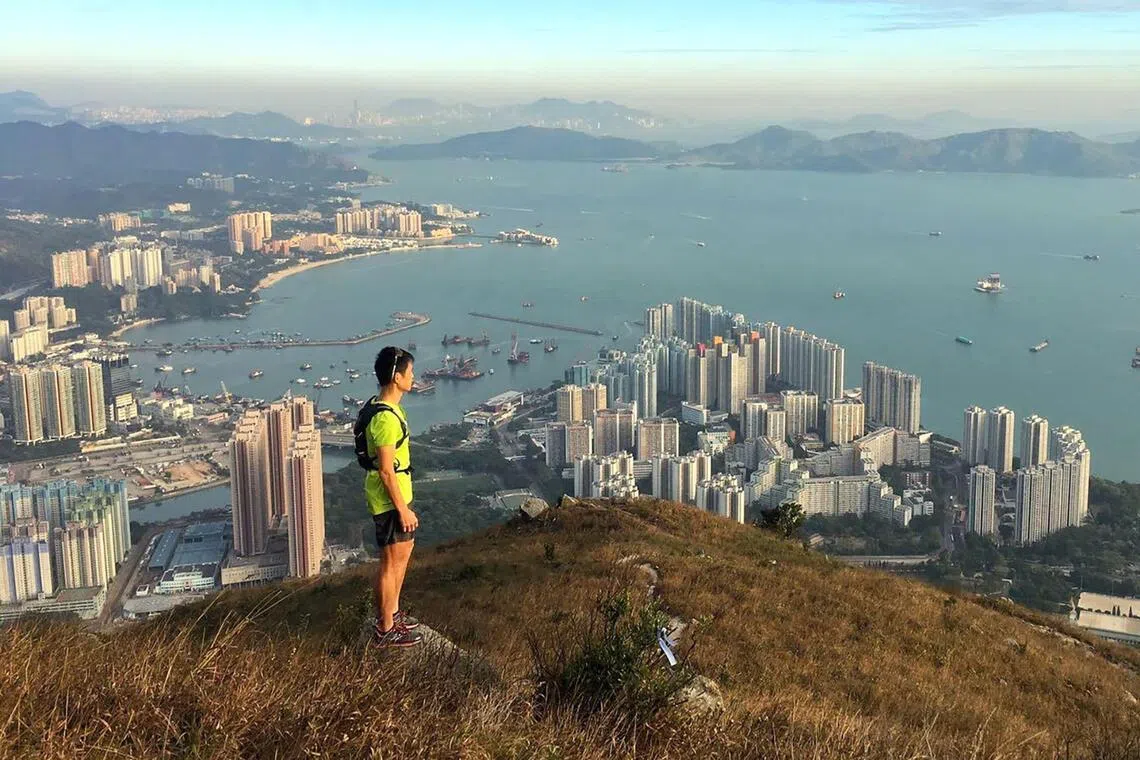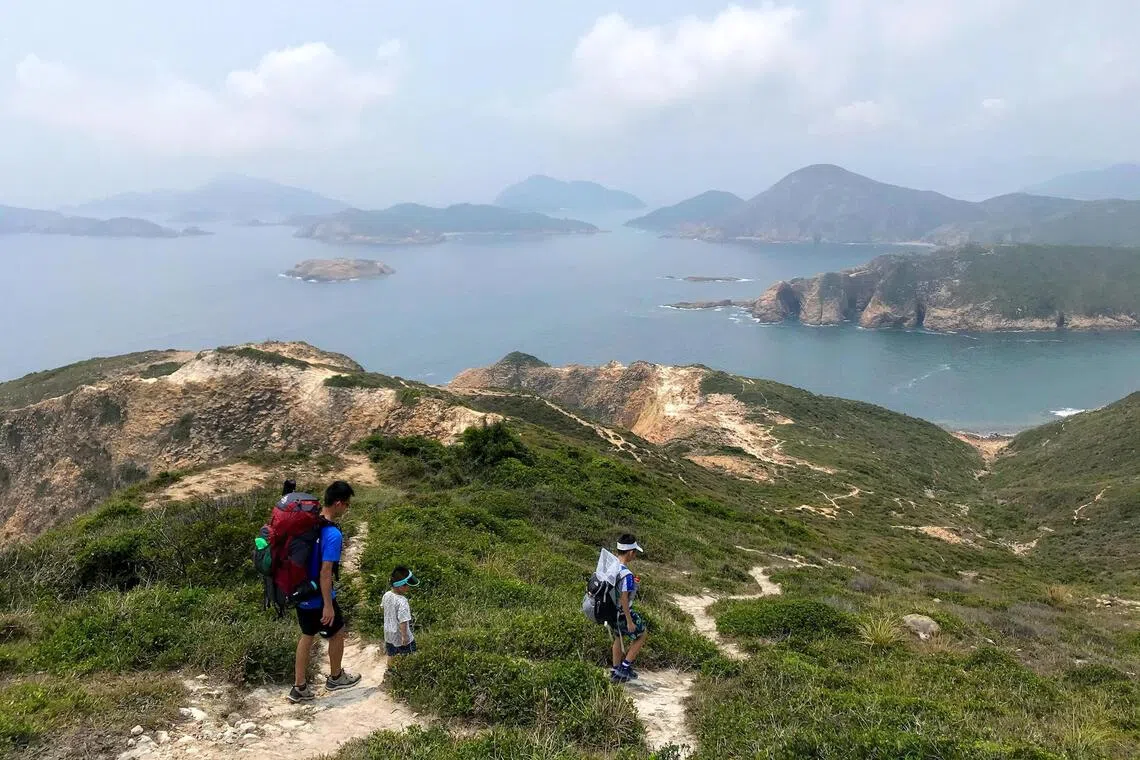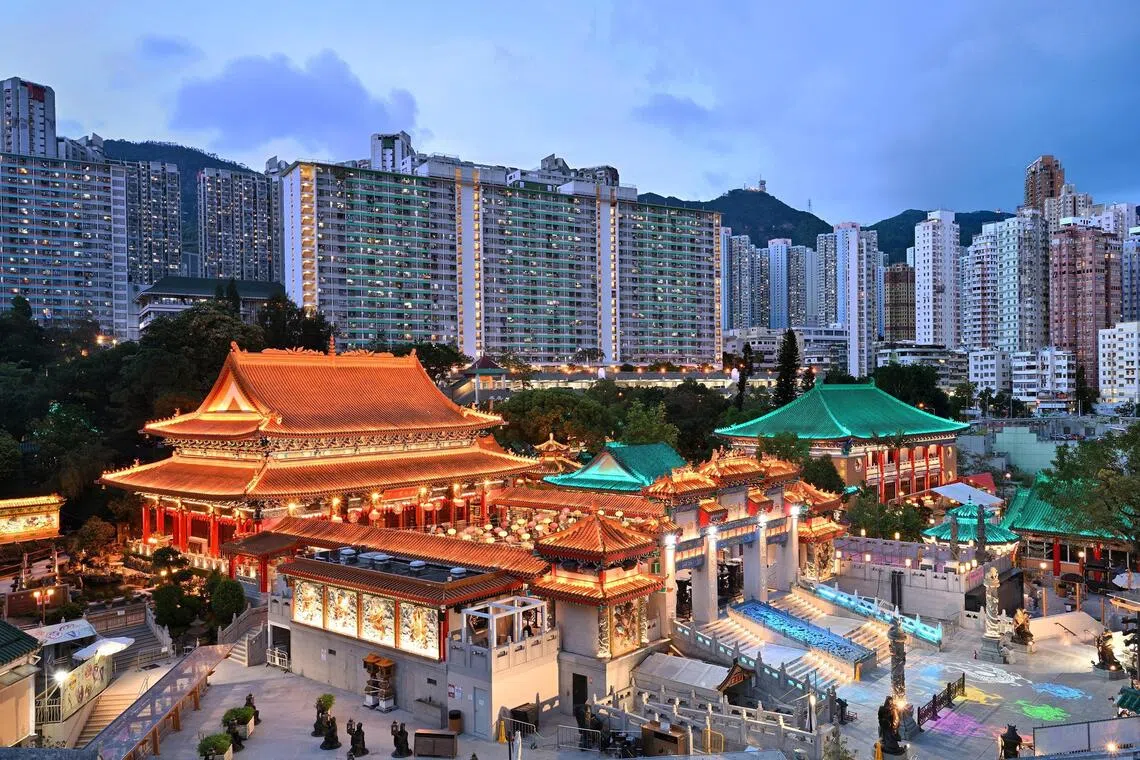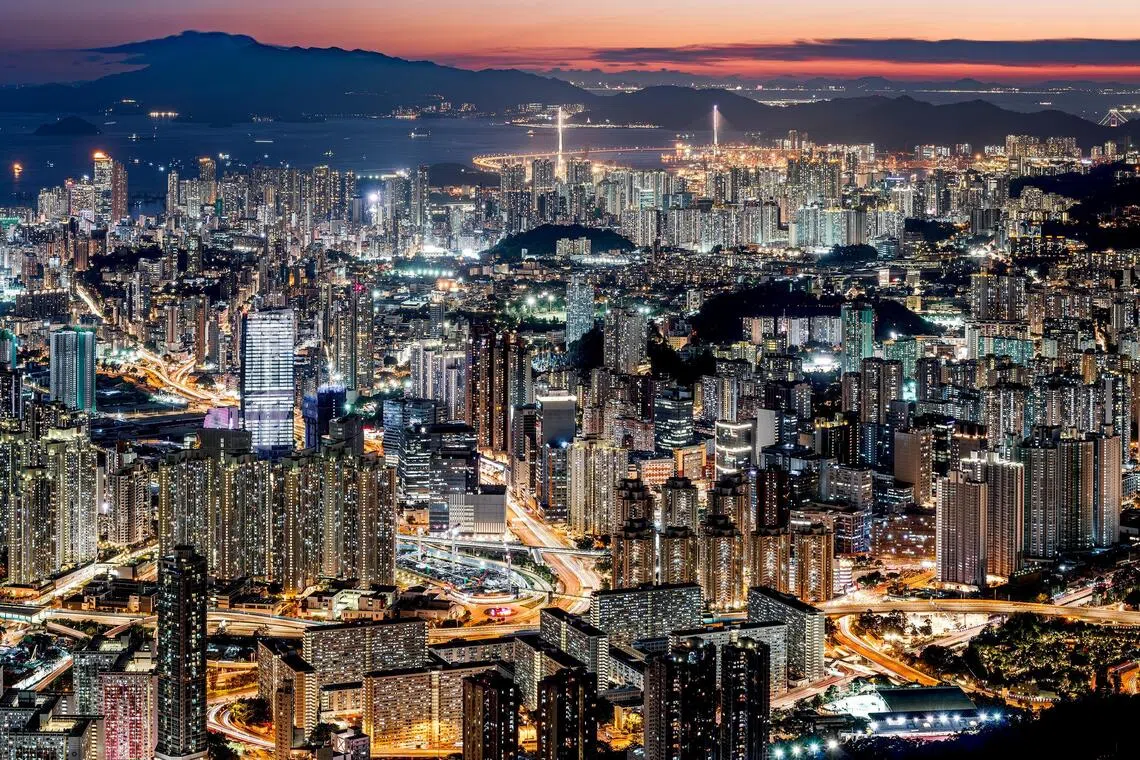The Local List: Hong Kong
Ultramarathon runner Stone Tsang charts guide to Hong Kong’s great outdoors
Sign up now: Get ST's newsletters delivered to your inbox

Ultramarathon runner Stone Tsang enjoys going into nature to refresh and recharge.
PHOTO: COURTESY OF STONE TSANG
Follow topic:
Ultramarathon runner Stone Tsang, 47, has competed in more than 150 races over the last two decades, but he still remembers his first race fondly.
Despite never having run more than 5km, he agreed to join his colleagues for the 42km Standard Chartered Hong Kong Marathon in 2002.
“When I reached the 30km mark, my whole body felt like it was breaking down. I even picked up a banana peel off the road to see if there was any fruit left inside to eat,” he says with a laugh.
Today, he heads to races far better prepared and has developed a love for trail running.
“Running is the best me-time. It is a kind of freedom, where I can connect with nature and feel relaxed,” says Mr Tsang, who was born in Meizhou, China, and moved to Hong Kong in 1995.

Mr Stone Tsang on a hike with his family in Sai Kung, the easternmost district in Hong Kong’s New Territories.
PHOTO: COURTESY OF STONE TSANG
While Hong Kong is often seen as a dense urban jungle of skyscrapers and busy roads, he says greenery is never far away. In fact, around 75 per cent of its land is nature, which includes country parks, grasslands and mountains.
For first-timers, the trails around Victoria Peak
While Mr Tsang prefers evening runs, he suggests travellers set out around 8am to make the most of daylight.
Among his recommendations is Wong Tai Sin

Wong Tai Sin Temple is one of Hong Kong’s most-visited places of worship.
PHOTO: HONG KONG TOURISM BOARD
The Wong Tai Sin Mass Transit Railway (MTR) station is a good starting point for hikes into the mountainous terrain. Before setting out, stop by Wong Tai Sin Temple
From there, walk through urban streets before reaching leafy hiking paths and stone steps that take visitors to higher ground.
“On your climb, you’ll see the mountains and the Wong Tai Sin Temple. For those who are more adventurous, there is a steeper climb to Lion Rock,” he says.
Lion Rock
History buffs can also visit the Lion Rock War Relics Trail, which Mr Tsang says carries rich stories of the past.
The trail was part of a British military defensive line against the Japanese invasion during World War II and still has trenches, pillboxes and other historically significant markers to show for it.
Similar trails include the Shing Mun War Relics Trail

Enjoy the night-time view of Hong Kong from Kowloon Peak, an elevated viewing spot accessible by hiking.
PHOTO: HONG KONG TOURISM BOARD
Mr Tsang keeps things simple on his hikes, taking along a backpack with essentials like his mobile phone, some food and a water bottle. He suggests visiting Hong Kong between November and February, when the weather is cool and pleasant for outdoor activities.
He says: “If you’re tired, just turn back. You don’t have to walk 30km or anything like that. You just have to listen to your body, focus on nature, and you’ll find it to be a very relaxing experience.”
Brought to you by the Hong Kong Tourism Board


